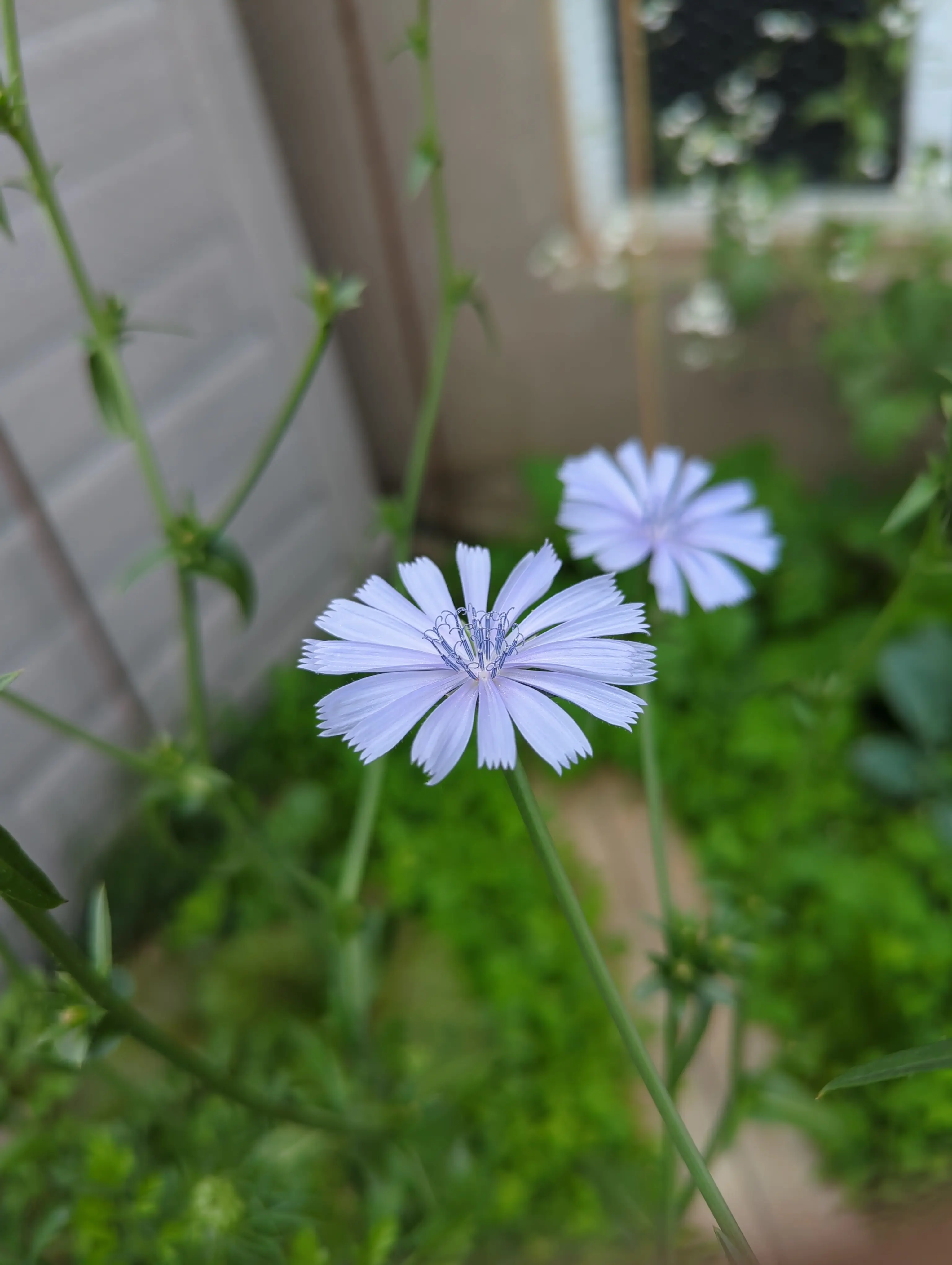I've been enjoying the use or weird lately. I've had some strong personal opinions on language lately. A lot of it comes with a huge increase of new words that sort of seem abstract from it's meaning.
I think with how rapid information can spread to large groups of people, it's just too fast for my mind to keep up. All of a sudden I feel like I'm in a war with words and who knows which landmine of a word will get you in trouble. It causes me even more anxiety when someone comes at you with manipulative intentions in order to control the direction of the discussion.
I think weird works because it's an almost basic word. It's simple and descriptive. It's not a newer, more specific word that requires a deeper understanding of a broader topic. It's understood by more people. People with varying degrees of language knowledge including people whose native language is not English. It's easier for more people to understand.
It's a lot easier to understand someone is weird compared to someone being a fascist.

I have the ability to make others feel safe and comfortable to be their themselves. It's always a shock to me how comfortable some people get around me. I'm still waiting for someone to make me feel the same way.